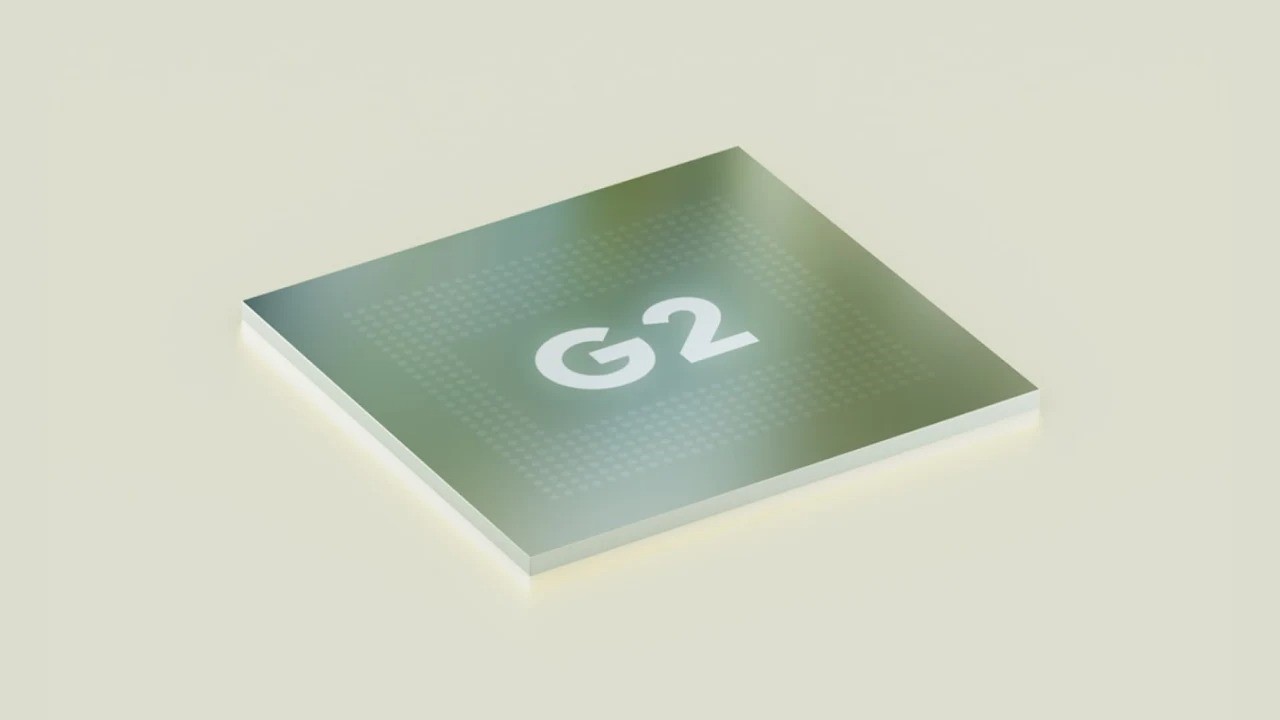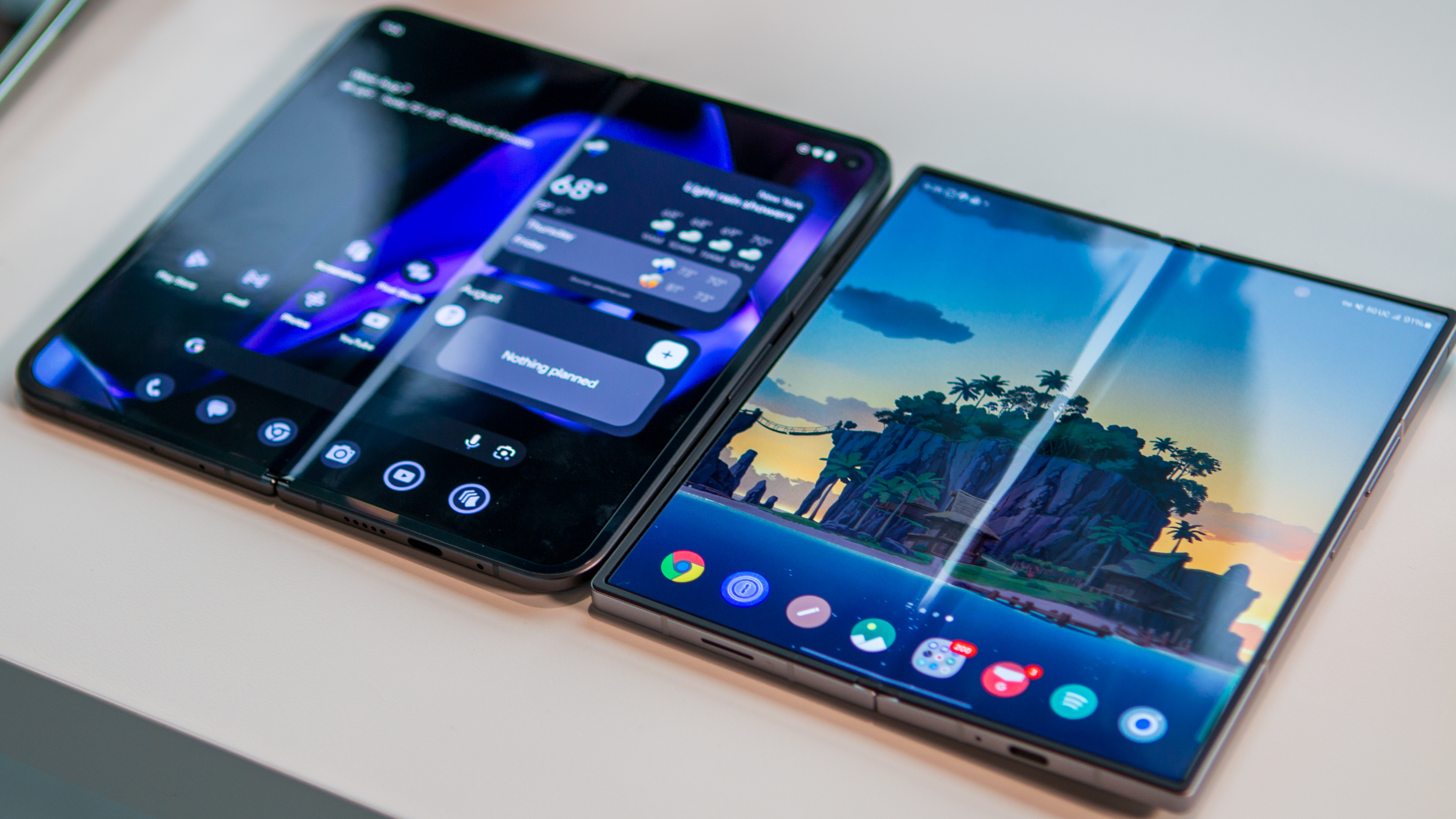Google Tensor G2 is said to improve GPU performance over its predecessor
An alleged benchmark test of the Pixel 7 Pro unit gives new details about the Tensor G2.

What you need to know
- New information about Google's upcoming Tensor G2 chipset has leaked online.
- The leak comes from an alleged benchmark result run on a Pixel 7 Pro test unit.
- The leak hints at improvements to the GPU rather than the CPU from the predecessor.
Early this month, Google officially teased its next-gen chipset that will power the upcoming Pixel 7 series. However, the teaser was just about the chipset moniker dubbed the Tensor G2.
New information has surfaced on the alleged Tensor G2 (codenamed gs201) ahead of the Pixel 7 launch, courtesy of Kuba Wojciechowski. According to the tipster, the new chipset will utilize the same CPU as the original Tensor.
The alleged internal spec leak has been found from an alleged Pixel 7 Pro testing unit. The device, which ran a Geekbench test, has revealed more details on the next Tensor chip made by Google. Wojciechowski further breaks down important information on the new chip based on the benchmark data in a series of tweets.
Google’s upcoming Tensor G2 to use the same CPU cores as the first gen Tensor, Mali-G710 GPU - details below 👇 🧵 pic.twitter.com/xbZVFhMc1lSeptember 16, 2022
The benchmark test reveals the Tensor G2's CPU system, featuring two Core X1, two Cortex A76, and four Cortex A55 cores as last year. While the architecture appears pretty identical, Wojciechowski says there is a significant bump in the frequencies of these cores. For instance, Cortex X1 frequency is increased from 50MHz to 2.85GHz. Likewise, the A76 cores have seen a bump from 100MHz to 2.35GHz.
The Geekbench test also shows a slight increase, up to 10%, in the multi-core performance. Wojciechowski notes that considering the Cortex X1 cores' performance, which did well on the original Tensor, the next-gen chipset will supposedly handle better. This also includes credit to the improved 4LPE process, which brings "more thermal headroom and efficiency to run at higher frequencies."
Meanwhile, on the GPU front, Google is replacing Mali-G78 with Mali-G710 on the new Tensor G2. This means we can expect significant enhancements, including 20% performance improvement, 20% power reduction, and 35% increase in Machine Learning tasks, on which the Pixel devices like Pixel 6 Pro rely heavily on.
Furthermore, as Wojciechowski says, the boost in GPU on the Tensor translates to gains in Google Camera, as the performance of cameras in Tensor-powered phones predominantly relies on GPU.
Be an expert in 5 minutes
Get the latest news from Android Central, your trusted companion in the world of Android
While the analysis here is purely based on the alleged Geekbench test, the tipster suggests it can still be spoofed. So, it is better to take all this information with a grain of salt.
In contrast, the tipster also implies the benchmark test is still legit to some extent. That's because the kernel build featured in the test appeared unusual, or it could be a semi-custom build made especially for the Pixel 7. Similarly, the build ID TD1A.220609.002 also seems to be unique.
Other possible improvements expected on the Tensor G2 involve enhancements to TPU, which is codenamed Jaineiro. It is followed by improvements to video encoding/decoding.
Lastly, the Tensor G2 is still manufactured by Samsung under Google's oversight; recent details also pointed out the third generation is already in the works, again produced by Samsung.
Since the Korean tech giant is supposedly making the Tensor G2 chip, we can see improvements to Google-customized Exynos ISP. Besides, it also brings a new S5300 modem onto the SoC.
With the Made by Google fall event just around the corner, where we expect to see Google's next contender for the best Android phones, it will be interesting to see the alleged promises that the new Tensor G2 brings to the table.

Vishnu is a freelance news writer for Android Central. Since 2018, he has written about consumer technology, especially smartphones, computers, and every other gizmo connected to the internet. When he is not at the keyboard, you can find him on a long drive or lounging on the couch binge-watching a crime series.
